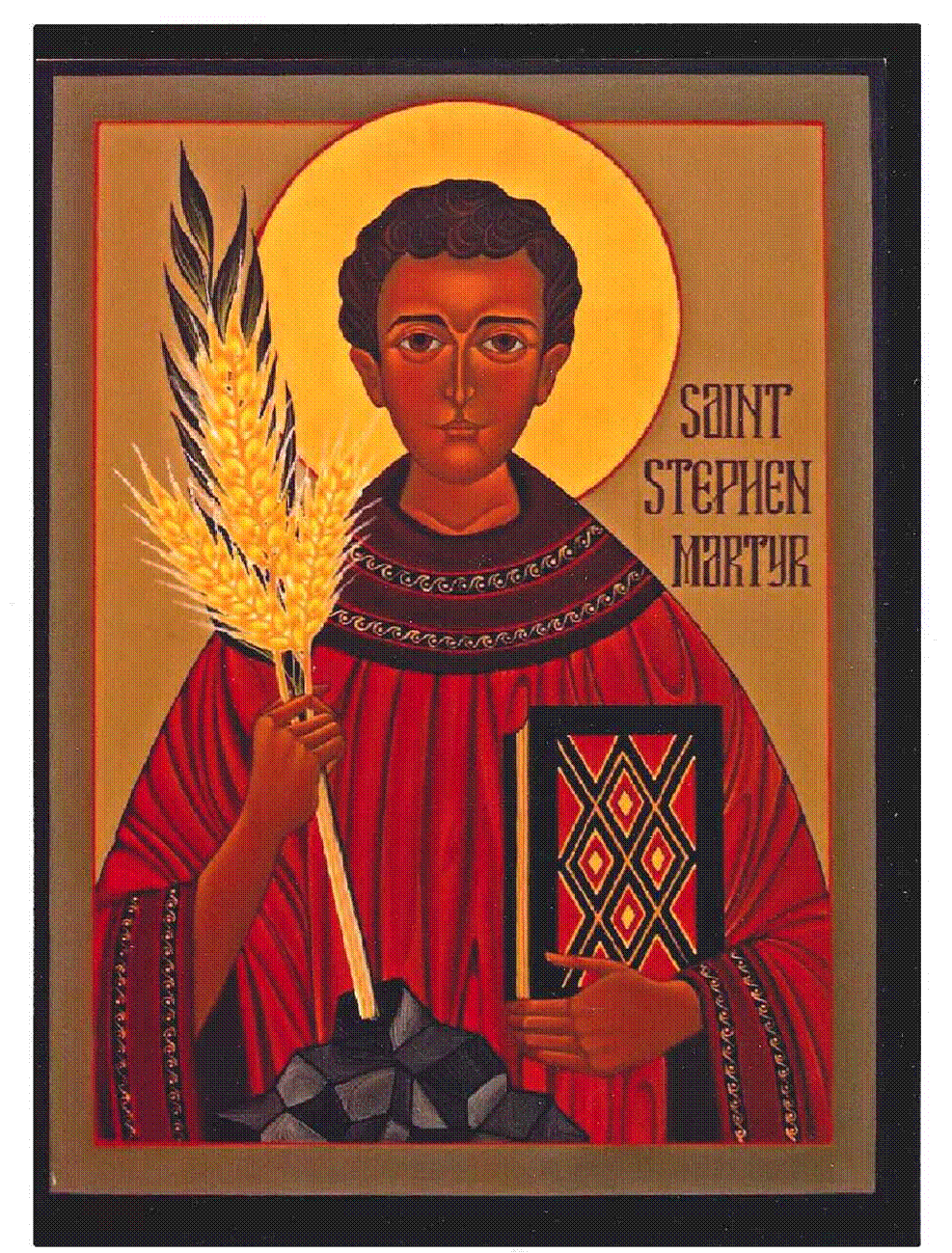Blessed

After having to replace almost all of our kitchen appliances recently, I’ve been thinking about our throw-away culture.
As a household, we recycle quite a bit. Dave and I will carry empty soda and water bottles around until we can find a recycling bin. We put most of our paper in the recycling bin. We bring our plastic bags to the food pantry to be reused.
We generally need to take out trash only every other week. The exception is when I do some cleaning in my stash room.
I'm starting to get ruthless about throwing things away. If I moved it from the last house (21 years ago) and STILL haven't used it, I think it's safe to toss it. Could I resell it? Maybe, but it's just not worth the effort to me.
It's so easy to just throw things away now. It's cheaper to replace than to repair.
But things aren't the only things that get thrown away.
I'm feeling lately that we are throwing away people too.
In the Bible, the poor were separated into two forms: those who lived a subsistence living and those who depended on alms for survival.
The first ones literally lived day-to-day. Farmers, fishermen, or shopkeepers could generally eke out enough each day to feed their family. There were family and social structures to get them through the hard times.
The later poor were typically physically or mentally ill, unable to work. Their families had abandoned them. In order to survive at all, they had to depend on the generosity of others.
Think about the Bible stories of Jesus. As the son of a carpenter, Jesus wasn’t a member of the aristocracy, but as the son of God, he had privilege. He was invited to teach in the temple. Crowds respected him as a teacher. People of the aristocracy approached Jesus for healing and for knowledge.
But who did Jesus chose to heal on a consistent basis? The poorest of the poor, those who had no one else: the lepers, the possessed, the lame, the blind. He chose to rescue those who had been thrown away.
In the Beatitudes, Jesus offered blessings for the poor, and for the poor in spirit.
It’s not always easy to recognize the poor nowadays.
We can see the homeless on the streets, but we also know that there are social services, shelters and soup kitchens that they can utilize if they wish.
But it’s not so easy to see the struggles of a family at the end of the month as money, food, and benefits run out. It’s not easy to see the struggles of those trying to cover medical expenses and increasing housing costs. It’s not easy to see people who suffer physically and emotionally at the hands of spouses or parents or co-workers.
These are today’s poor, poor in body and spirit. And because they are not me, it’s easy to throw them away from my consciousness.
One of my favorite Bible passages is from Matthew: “ ‘…for I was hungry and you gave me food, I was thirsty and you gave me something to drink I was a stranger and you welcomed me, I was naked and you gave me clothing, I was sick and you took care of me, I was in prison and you visited me.’ Then the righteous will answer him ‘Lord, when was it that we saw you hungry and gave you food, or thirsty and gave you something to drink? And when was it that we saw you a stranger and welcomed you, or naked and gave you clothing? And when was it that we saw you sick or in prison and visited you?’ And the king will answer them, ‘Truly I tell you, just as you did it to of the least of these who are members of my family, you did it to me.’ ” (Matthew 25:35-40)
Jesus didn’t throw people away, he pulled them from the trash pile and gave them a new life.
We can’t always identify the poor or the poor in spirit among us. But we can treat everyone as if they matter.
-Ann Iona Warner












